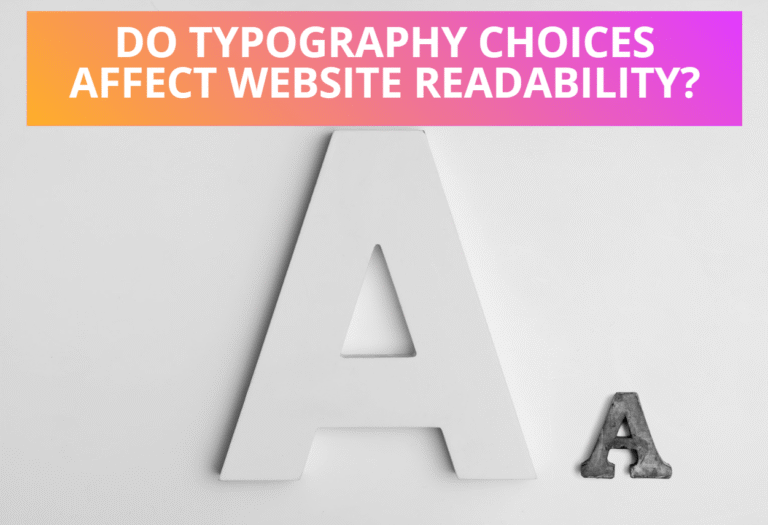1. HTML5 introduces an ………………… element, which may be used withing content to represent material that is tangential.
A) article
B) aside
C) details
D) section
2. The ……………… element is used to define a discrete unit of content such as a blog post, comment, article and so on.
A) article
B) post
C) blog
D) comment
3. In HTML5 ……………. element was introduced for highlighting content similarly to how a highlighter pen might be used on important text in a book.
A) highlight
B) mark
C) bookmark
D) marker
4. The HTML5 element, <figure> simply groups items within an enclosed ………………. tag.
A) <dd>
B) <dr>
C) <dt>
D) <fd>
5. You can associate the images enclosed within figure element with the caption defined by ……… tag.
A) <dd>
B) <dr>
C) <dt>
D) <fd>
6. The purpose of ………………… element is to encapsulate a group of links that serves as a collection of offsite links, document navigation or site navigation.
A) menu
B) navigation
C) linkgroup
D) nav
7. The ………………. element is used to render simple graphics such as line art, graphs and other custom graphical elements on the client side.
A) canvas
B) drawing
C) graphs
D) shapes
8. In HTML5, it is possible to validate data entry by setting the ………………… attribute for a form control.
A) validate
B) required
C) restrict
D) allow
9. When placed ………………. attribute on a field should cause a supporting browser to immediately focus this field once the page is loaded.
A) autofill
B) autoplace
C) autofocus
D) autocomplete
10. It is possible to advise the browser to display the ……………….. suggestions provided for fields if similar field names have been used in the past.
A) autofill
B) autoplace
C) autofocus
D) autocomplete
11. In HTML5, the ………………….element can contain on dt element to specify the summary of the details as well as one dd element to supply the actual details.
A) figure
B) details
C) article
D) canvas
12. The attribute effectively renders the iframe as an inline include, which allows the parent documents CSS to affect the contents of the iframe.
A) seamless
B) sandbox
C) framebox
D) inlineframe
13. The ………………. attribute prevents the iframe from pulling in content from any source other than the iframe itself.
A) seamless
B) sandbox
C) framebox
D) inlineframe
14. The attribute ……………………….. is used to create the name/value pairs on the desired data.
A) itemrop
B) itemscope
C) itemref
D) itemnav
15. The ………………… attribute can be set on the parent item to a list of space separated IDs to indicate additional elements that should be traversed to find name/value pairs for this item.
A) itemrop
B) itemscope
C) itemref
D) itemnav
16. In sandbox attribute of iframe element, ………………………. allows the iframe to pull in content from elsewhere in the same domain.
A) allow-same-origin
B) allow-scripts
C) allow-forms
D) allow-content
17. ………………….. in sandbox attribute allows the sandboxed iframe to run scripts from the same domain.
A) allow-same-origin
B) allow-scripts
C) allow-forms
D) allow-content
18. ……………….. element is used to define a region that will be used as output from some calculation or form control.
A) form
B) output
C) details
D) control
19. The ………………… element represent some form of extra details such as a tooltip or revealed region that may be shown to user.
A) control
B) revealed
C) details
D) extra
20. ………………. attribute allows you to specify the default data rather than relying on what may have been entered in the browser previously.
A) autofill
B) autoplace
C) autofocus
D) autocomplete
Answers
1. B) aside
2. A) article
3. B) mark
4. C) <dt>
5. C) <dt>
6. D) nav
7. A) canvas
8. B) required
9. C) autofocus
10. D) autocomplete
11. B) details
12. A) seamless
13. B) sandbox
14. A) itemrop
15. C) itemref
16. A) allow-same-origin
17. C) allow-forms
18. B) output
19. C) details
20. D) autocomplete






